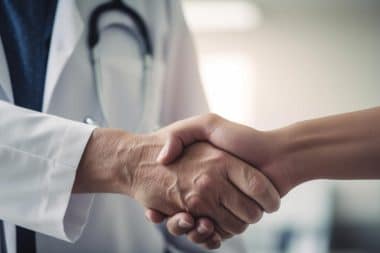As of May 2021, nearly 50% of American adults have been at least partially vaccinated against COVID-19, but the risks continue. We need to get 70-85% of the population vaccinated in order to achieve herd immunity. From December to March, hesitancy about receiving the vaccine fell by half; many people admitted that they could be persuaded to get vaccinated if it meant that they could stop wearing masks and travel freely. Yet, the premature lifting of safety restrictions, the spread of highly contagious vaccine-resistant variants, and waning public compliance with social distancing and other preventative measures have led to a surge in infections in states across the United States.
Worldwide, two-thirds of epidemiologists agree that viral mutations will render first-generation vaccines ineffective by 2022. By the time most of the world is vaccinated, new variants will continue to evolve and spread and first-generation vaccines will most likely be ineffective. This will require another round of mass vaccination. Vaccines provide good protection against COVID-19, but no vaccine is 100% effective at preventing disease. Vaccinated people should continue some precautions because existing vaccines are less effective against new variants, slowing the spread also slows the emergence of new variants, and it is still unclear if vaccinated people can still infect others.
There is a better way to end the pandemic: genetic testing. GeneType is an at-home test kit that determines the individual risk of developing severe COVID-19. It improves risk prediction by 25% over standard clinical models, considering 16 comorbidities and genetic markers. In just 5-7 days, you can receive your risk score and a detailed report. The result is risk-based precautions. Based on an individual’s genetics, they can determine how much risk they’re willing to face. Those at-risk can take more rigorous precautions, while the majority of people can practice routine precautions like masking and frequent hand-washing. Knowing your risk in developing severe COVID-19 can help you return to normal life.









Reply